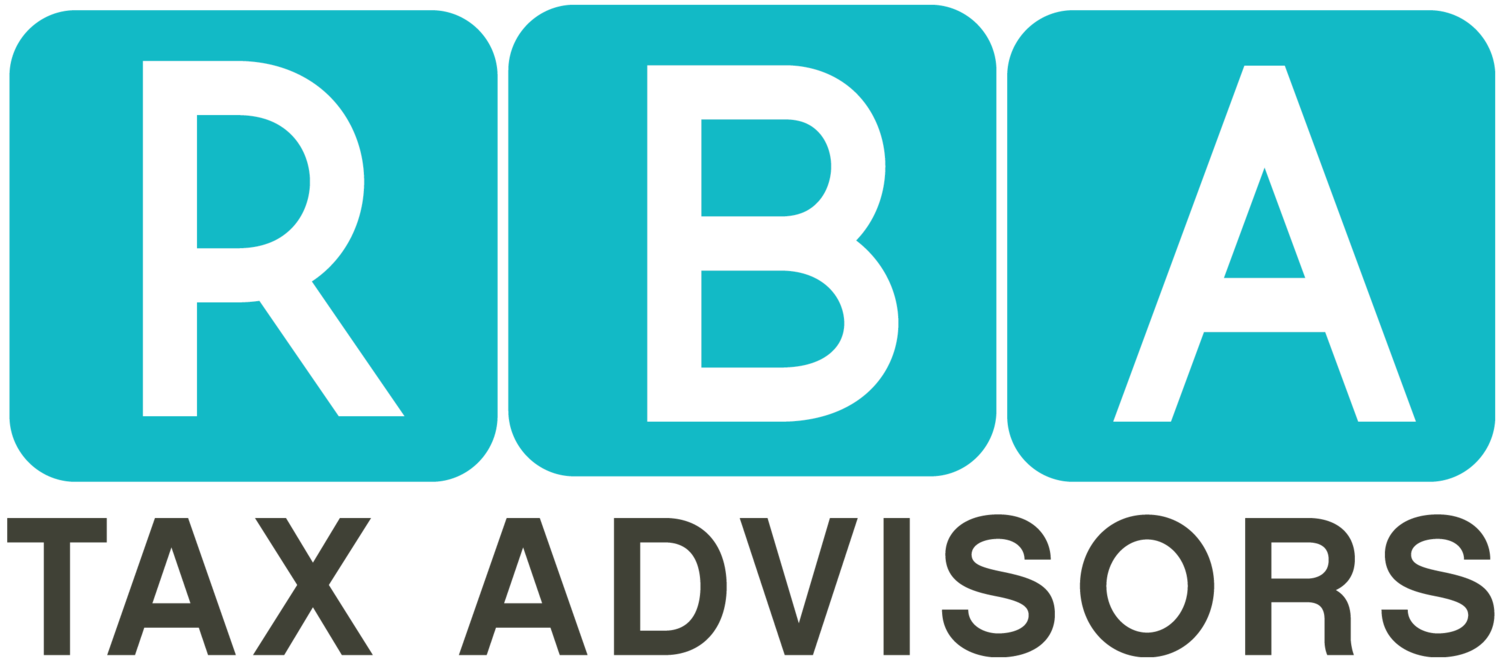Self-employment tax can be a nightmare for owners of limited liability companies (LLCs) and independent contractors. During tax season, they incur a larger than expected tax bill due to self-employment taxes.
LLCs are the most common form of business because they are easy to establish. If one person owns an LLC, it is referred to as a single member LLC (SMLLC). For tax purposes, an SMLLC is considered the same as the owner. For legal protection, business owners have the limited liability protection, when they adhere to the rules of the legal formation of the entity.
When two or more people own an LLC, the entity files a Form 1065 “ partnership” tax return. Each owner receives IRS Form K-1 for their share of the net income to file their individual tax return.
At tax time many business owners are confused because there are two different types of tax to consider. An LLC owner will incur two types of taxes payable to the IRS: Federal income tax and self-employment tax.
Income tax is based on the net income of the entity and will be taxed at your individual income tax rate. On the other hand, self-employment tax includes Social Security and Medicare tax; and the business owner is responsible for paying 100% of these taxes.
When you have a job, you pay income tax and FICA (self-employment tax and Medicare tax). The difference is that your employer is responsible for paying half of the FICA taxes and the next half is withheld from your paycheck. Your income tax and your half of FICA taxes will reduce your net pay.
When you are self-employed, both types of taxes are your responsibility (including 100% of FICA or “Self-Employment Tax"). When planning your business, you should consider the impact of these taxes, so you can generate enough revenue to cover the tax or seek to reduce your tax liability. If you choose the latter, you will have until December 31st of the tax year to implement tax-saving strategies.
For more tax saving tips to implement in your business, visit www.ronicabrownagency.com/blog


